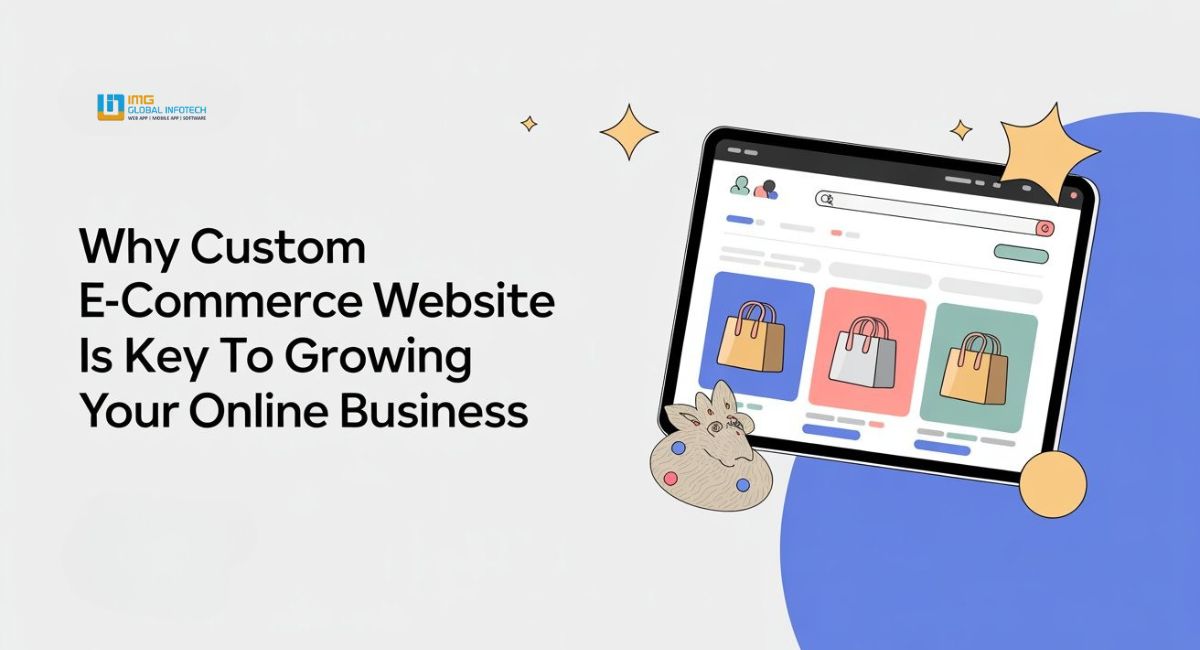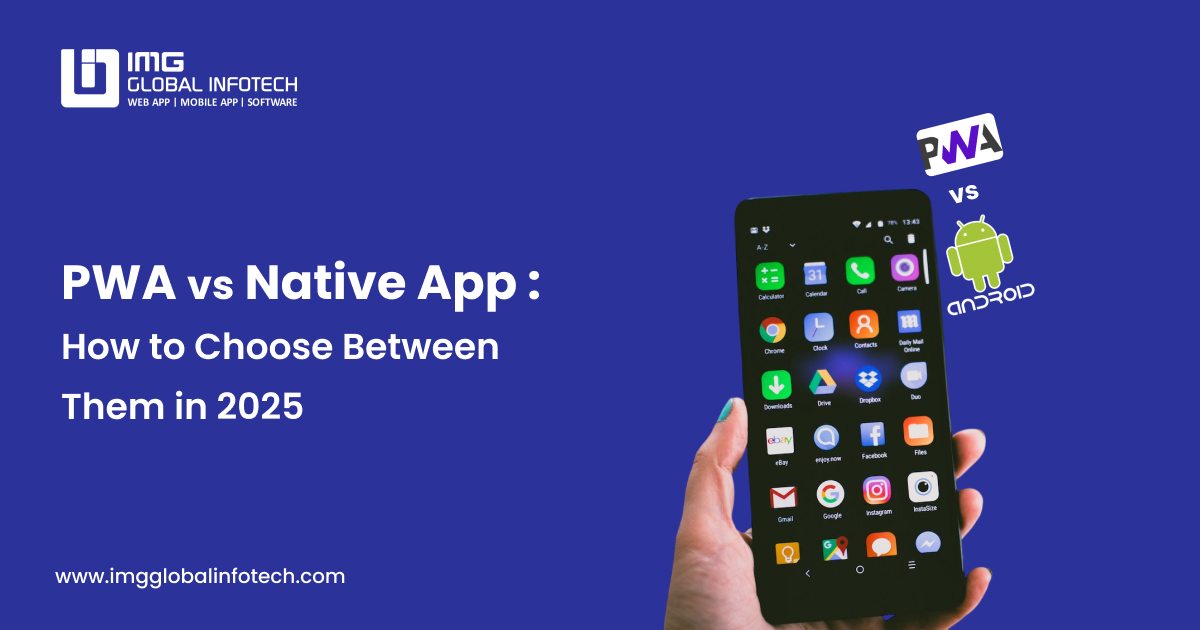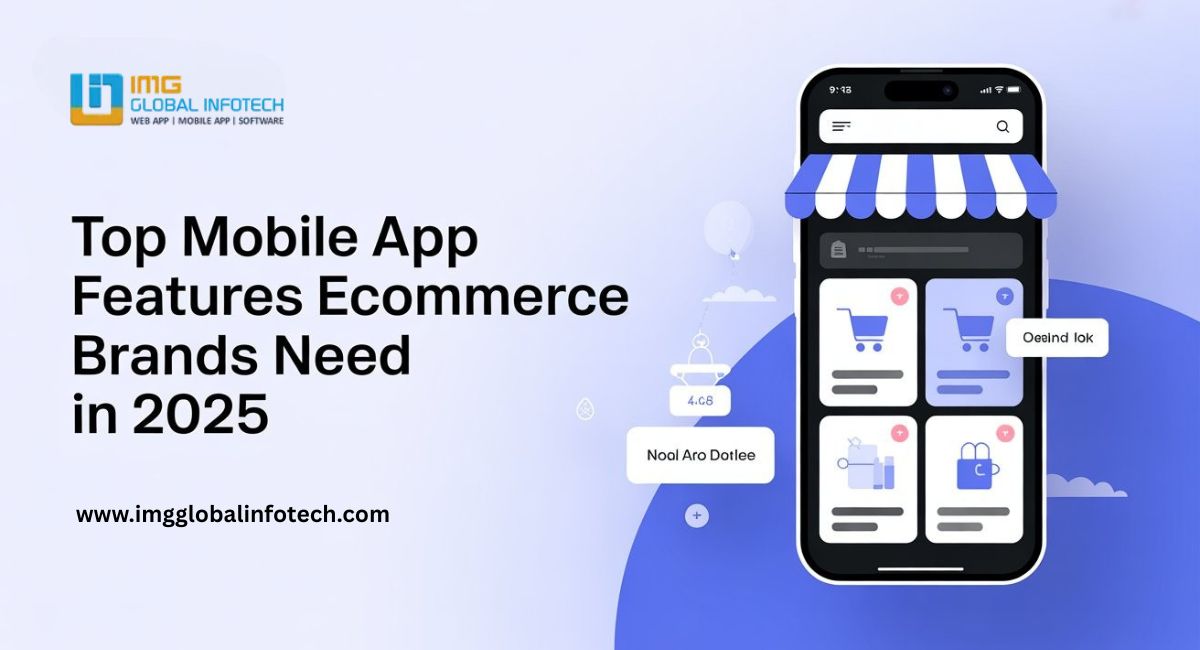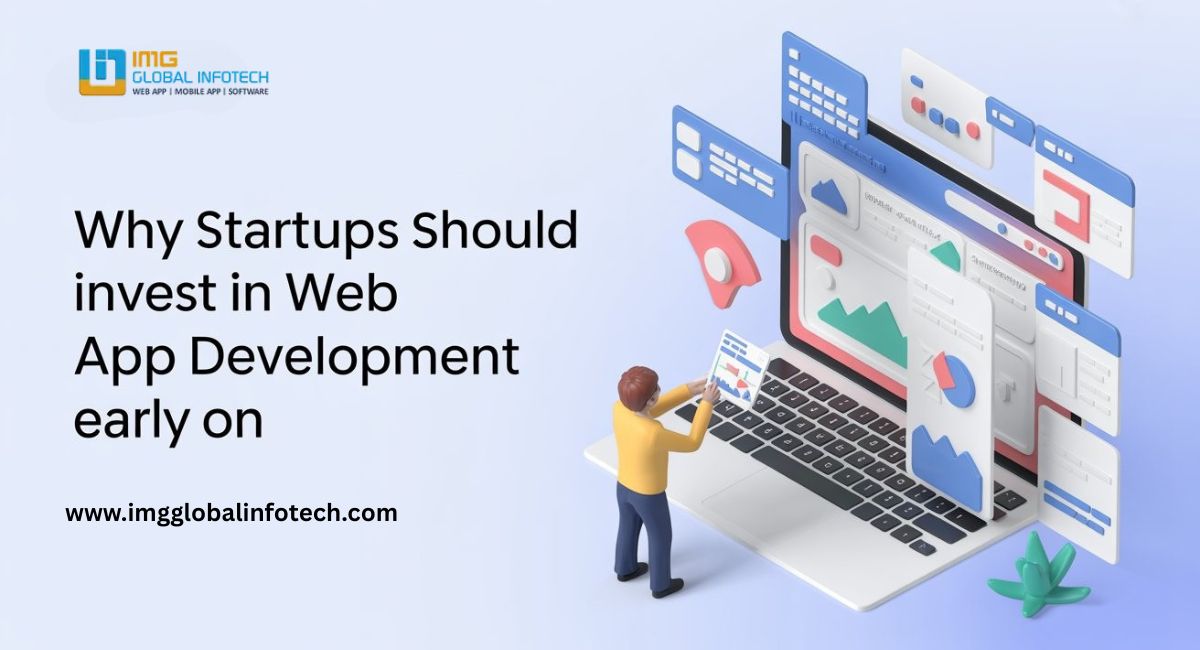Why Custom E-commerce Website is Key to Growing Your Online Business

In today’s fast-paced digital economy, having an online store is not just an option—it’s a necessity. As consumers increasingly turn to digital platforms for their purchasing needs, businesses must evolve accordingly. While it might be tempting to rely on pre-made templates or third-party platforms, a custom e-commerce website can significantly elevate your online presence and drive sustainable growth. This article explores why tailoring your e-commerce platform is a game-changer for scaling your business and staying ahead of the competition.
What is a Custom E-commerce Website?
A custom e-commerce website is a tailor-made platform specifically designed to meet your business’s unique needs, goals, and brand identity. Unlike off-the-shelf templates provided by platforms like Shopify, Wix, or BigCommerce, custom websites are developed from the ground up. They offer personalized designs, functionalities, and integrations that are purpose-built for your specific audience and product offerings.
These platforms provide more than just aesthetic control. They ensure backend development, scalability, and seamless integration with third-party tools and APIs. The result is a highly efficient and optimized platform tailored for performance, user experience, and long-term growth.
Benefits of Custom E-commerce Development
1. Unique Branding and User Experience
One of the most significant advantages of a custom e-commerce website is the ability to deliver a unique user experience that reflects your brand’s personality. While templates offer limited customization, a bespoke solution ensures your site mirrors your business values, design preferences, and audience expectations.
From custom layouts and animations to tailored navigation and product displays, every aspect of the website can be fine-tuned to provide a memorable shopping experience. This uniqueness fosters trust and brand loyalty—two critical components in turning visitors into repeat customers.
2. Scalability and Flexibility
As your business grows, so do your needs. A custom-built platform is engineered with scalability in mind. Whether you're expanding your product catalog, entering new markets, or handling increased traffic, a custom e-commerce solution can be easily modified to support growth.
Unlike template-based platforms, which may restrict certain functionalities or charge extra for advanced features, a custom solution provides the flexibility to add new components as needed—be it multi-language support, advanced search filters, or region-specific pricing.
3. Better Performance and Speed
Speed and performance directly impact user experience and SEO rankings. Template-based websites often suffer from code bloat, unnecessary plugins, and slow-loading elements. Custom websites, on the other hand, are built with lean code and optimized architecture, significantly improving page load speeds.
Fast websites not only rank better on search engines but also reduce bounce rates and enhance customer satisfaction—leading to higher conversions.
4. Advanced SEO Capabilities
Search Engine Optimization (SEO) is crucial for online visibility, and custom-built websites offer the highest degree of SEO control. Developers can implement advanced techniques such as clean URLs, mobile responsiveness, meta tags, schema markup, and custom XML sitemaps.
Unlike platforms that rely on standardized SEO plugins, custom websites allow deep optimization tailored to your niche and content strategy, giving your site a competitive edge in organic search rankings.
5. Enhanced Security
Cybersecurity is a major concern in e-commerce. When you build a custom website, you have full control over the security measures implemented. From SSL certificates and secure payment gateways to encrypted user data and custom authentication systems, a bespoke solution enables robust protection against data breaches and cyber-attacks.
Template-based platforms often use shared hosting environments or generic security measures, which can expose your site to vulnerabilities.
6. Tailored Integrations
Whether it’s integrating with your CRM, ERP, inventory management, or third-party marketing tools, a custom e-commerce website enables seamless integration of all essential business tools. You can automate workflows, personalize customer journeys, and enhance operational efficiency without being confined to the limited plugins offered by template platforms.
How Custom Websites Improve Conversions and Sales
A custom e-commerce website is engineered not just for aesthetics but also for conversion. From intuitive navigation and responsive design to user-friendly checkout flows and personalized product recommendations, everything is built to reduce friction and increase sales.
In today’s mobile-first world, businesses must also prioritize Mobile eCommerce. Custom development allows your store to perform seamlessly across smartphones and tablets, ensuring a smooth, fast, and engaging user experience that drives sales regardless of the device used. Optimizing for mobile not only caters to user behavior but also improves your rankings on search engines.
Custom features like one-click checkout, AI-based product suggestions, and advanced search filters improve the overall shopping experience. You can also A/B test different layouts, CTAs, and pricing strategies to fine-tune your funnel and boost conversion rates.
If your goal is to Design the Best eCommerce Website for your brand, a custom solution is the only path that gives you full control over layout, product presentation, customer journey, and backend performance. Unlike pre-made templates that limit creativity and flexibility, custom sites allow you to innovate and optimize every element for conversion and brand appeal.
Real-World Examples of Custom E-commerce Platforms
Many globally recognized brands rely on custom e-commerce websites to maintain their competitive edge. For instance:
- Nike: Their custom platform provides a seamless user experience, personalized product recommendations, and lightning-fast performance tailored to millions of users worldwide.
- Warby Parker: The eyewear brand uses a custom-built site that supports virtual try-ons, interactive features, and a streamlined shopping experience aligned with their brand ethos.
- Tesla: Tesla’s e-commerce site is a fine example of custom design meeting functionality, allowing users to customize and order vehicles with a sophisticated configurator tool.
These brands are proof that custom development can provide the infrastructure needed for long-term growth and innovation.
Cost vs. Value: Is It Worth the Investment?
One of the most common concerns about custom e-commerce websites is the upfront cost. Yes, developing a tailored platform typically costs more than using a ready-made solution. However, the long-term value far outweighs the initial expense.
A custom website provides better performance, enhanced customer experience, higher SEO rankings, and scalable features—all of which contribute to long-term revenue generation. Additionally, you eliminate recurring monthly fees for third-party apps and platform limitations.
Investing in a custom solution is an investment in your brand’s future—one that pays dividends in terms of customer retention, growth, and operational efficiency.
When to Choose a Custom E-commerce Website
Not every business needs a custom platform right out of the gate, but there are tell-tale signs that it’s time to upgrade:
- You’re hitting performance or design limitations with your current platform
- You plan to scale rapidly or expand to international markets
- You need advanced features not supported by your current template
- You want to differentiate yourself from competitors in a saturated niche
Industries such as fashion, electronics, automotive, and B2B marketplaces especially benefit from custom platforms due to their complex product configurations and need for brand uniqueness.
Choosing the Right Development Partner
To make the most of a custom e-commerce site, it’s critical to partner with the right development agency. Look for a team with a proven portfolio, transparent pricing, and experience in custom e-commerce builds. Ask about their post-launch support, tech stack, SEO capabilities, and experience with UI/UX.
Hiring the right development company can make the difference between a mediocre online store and a high-performing digital storefront. For example, if you're planning a Mobile App for Shopify in 2025, your developer should also understand how custom features align across platforms to create a cohesive omnichannel experience.
Final Thoughts
A custom e-commerce website is more than just a digital storefront—it’s a strategic asset that sets the foundation for sustainable online business growth. By investing in a platform that aligns with your goals, audience, and brand identity, you can unlock new revenue opportunities, create exceptional customer experiences, and future-proof your operations.
In the digital age, where competition is fierce and consumer expectations are high, customization is no longer a luxury—it’s a necessity. Don’t let your business be limited by templates. Embrace the power of customization and build an online store that’s truly your own.
FAQs.
1. What is the difference between custom and template e-commerce websites?
Custom websites are built from scratch and tailored to your specific needs, while templates use pre-made layouts and features with limited flexibility.
2. How long does it take to build a custom e-commerce site?
It typically takes between 2 to 6 months depending on complexity, features, and design requirements.
3. Is a custom e-commerce site secure?
Yes, custom platforms offer superior security as they can be equipped with advanced protection layers tailored to your business needs.
4. Can I migrate my existing store to a custom platform?
Absolutely. Experienced developers can help you migrate data, customer records, and SEO settings with minimal disruption.
5. Will I be able to manage my store after it’s built?
Yes. Most custom websites come with intuitive admin dashboards or can be connected to content management systems like WordPress or Magento.
Note: IndiBlogHub features both user-submitted and editorial content. We do not verify third-party contributions. Read our Disclaimer and Privacy Policyfor details.







